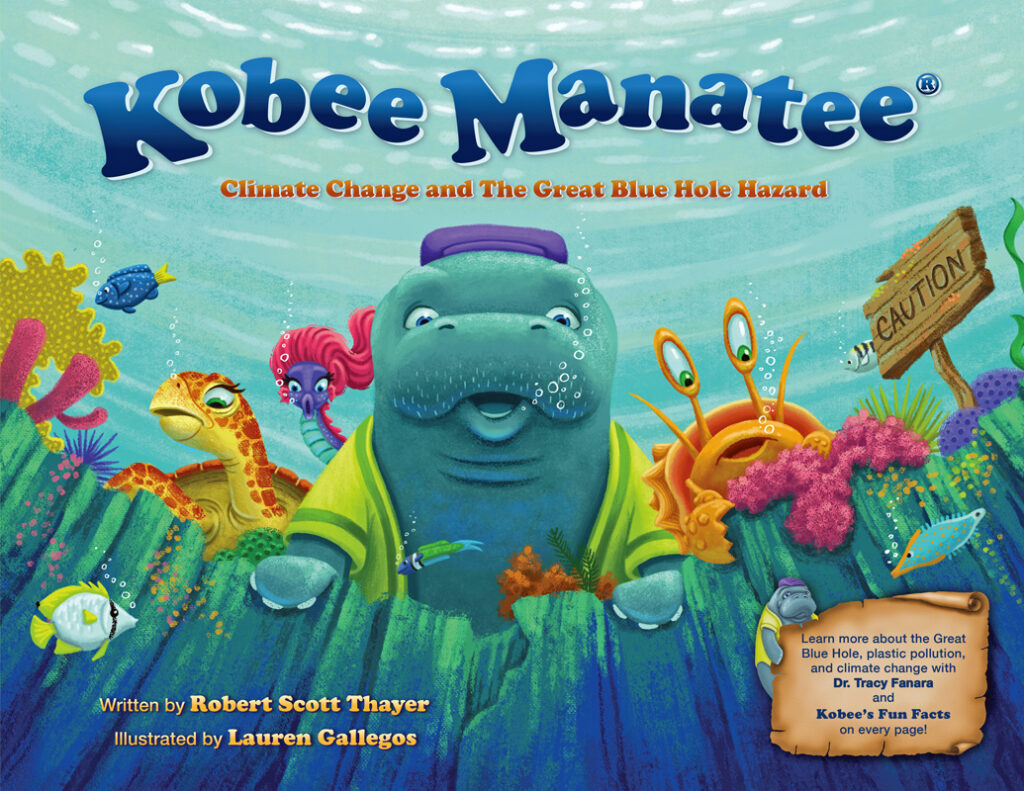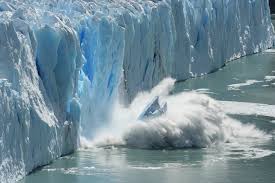Climate Change Harbors Anxiety Crisis
Greetings to you! It’s no surprise that the effects of climate change baked the Pacific Northwest during the summer of 2021, smashing older heat records.
Surveys of British Columbia residents reported that, “heat in some places soared above 120 degrees Fahrenheit – suggest this disaster caused a spike in negative mental health related to climate change.”
The results of the surveys, recently published in The Journal of Climate Change and Health, uncover growing concerns among mental health experts around the issue of “climate change anxiety”—a psychological response to the threats posed by climate change.
Kiffer Card, social epidemiologist at Simon Fraser University, Director of the Mental Health and Climate Change Alliance and co-author of the study said, ““We hear from clinicians and people in the community, increasingly, that people are worried about climate change. And there’s really no formal guidance on how to treat or deal with it.”
The heat wave in the Pacific Northwest struck Oregon, Washington and western Canada in the final days of June 2021. Temperatures skyrocketed across the region, breaking records left and right. Seattle and Portland hit all-time highs of 108 Fahrenheit and 116 Fahrenheit, respectively. And the tiny village of Lytton in British Columbia reached an eye-popping 121 Fahrenheit. Experts estimated that hundreds of people died as a result of the disaster.
After the stunning heat wave subsided, scientists determined this event would have been “virtually impossible” without the influence of climate change (Climatewire, July 8, 2021).
During this unprecedented event, Canadian news outlets reported that residents felt their anxiety grow as the disaster unfolded. Now, the new study has the data to support it. Survey results suggest that British Columbians were more anxious about climate change—and its effects on their day-to-day lives—after the heat wave than they were before.
Card said there were, “more than 400 respondents. All of them were recruited from social media, including Facebook and Instagram. The results suggest a substantial increase in anxiety following the heat wave.”
The majority of participants said they were either “somewhat” or “much” more worried about climate change after the disaster. The survey also indicated a significant increase in respondents’ concern that their jobs would be affected by climate change or that where they lived would be hit by climate-related disasters.
“I think this is a wake-up call hopefully to cities and towns across British Columbia and really any area that’s likely to experience climate impacts,” Card said.
The American Psychological Association, in partnership with nonprofit organization ecoAmerica, published several reports on climate change and mental health since 2014. The most recent series installment was released in 2021.
The APA report said, “Climate change-fueled disaster events impact individual mental health and include trauma and shock, PTSD, anxiety and depression. Concern about climate change coupled with worry about the future can lead to fear, anger, feelings of powerlessness, exhaustion, stress, and sadness, referred to as ecoanxiety and climate anxiety.”
The report continued and said, “The effects of climate change are not homogeneous across the population. Certain demographics are likely to suffer disproportionate impacts from rising temperatures and increasing climate disasters. These include older people, unhoused populations, Indigenous groups, and communities primarily composed of lower-income people and people of color. Members of vulnerable groups may be more prone to mental health difficulties resulting from climate change.”
“Anxiety around climate change can have a strong impact on major life decisions. It may affect a person’s choice of career, where they choose to live or whether they decide to have children,” Card explained. He continued and said, “A better understanding of the public’s psychological and emotional responses to climate change can better equip experts to support them. This kind of support can include everything from stronger climate action and more climate-resilient infrastructure to stronger mental care systems. Our hope is to show that this is something that’s influencing people’s thinking now, that it’s causing disruption to people’s lives now.”
Here’s an Excellent Way to Talk to Kids about Climate Change
One awesome tool for talking to kids about climate change is to read my fourth installment in the award-winning Kobee Manatee® Children’s Educational Picture Book series. It’s titled, Kobee Manatee® Climate Change and The Great Blue Hole Hazard. It’s about climate change and plastic pollution in our oceans.

When you read this award-winning educational picture book to children, you’ll discover it’s a fun and fictional adventure loaded with weaved in facts on climate change and plastic pollution. This helps children learn about this serious subject in a fun and entertaining way. Here’s a brief synopsis …
Kobee Manatee, the protagonist and his seafaring pals, Tess the seahorse and Pablo the hermit crab swim from the Cayman Islands to Belize. Kobee wants to help his cousin Quinn clean up plastic litter at her new, all-veggie underwater bistro called Quinn’s Seagrass Café.
On their Caribbean journey they encounter harmful effects of climate change and plastic pollution. As if that wasn’t enough, several other unforeseen problems occur with a distressed loggerhead turtle, a giant Portuguese man-of-war, and a venomous scorpionfish. They’re all amazed when they discover the extraordinary Great Blue Hole. Then their adventure takes another crazy turn when Pablo plunges into its huge abyss!
Each page includes in-depth, scientific details on climate change and plastic pollution in our oceans with Dr. Tracy Fanara, Inspector Planet & NOAA Scientist. Tracy can be seen on The Weather Channel as a visiting expert and she’s also seen on their “Weird Earth” segments.
We already have Fantastic Reviews on this New Release!
“A well-crafted, thoughtful, and well-illustrated addition to a noteworthy educational book series.” —Kirkus Reviews
“Robert Scott Thayer presents an important environmental message in an engaging story with wonderful characters. Anyone who loves the ocean and wants to help save it should read Kobee Manatee: Climate Change and The Great Blue Hole Hazard. I’m looking forward to the next Kobee Manatee adventure.” —Readers’ Favorite
For young readers who enjoy imaginative tales surrounding affable and heroic sea creatures, as well as parents and/or teachers looking for a way to introduce youngsters to the importance of marine conservation, Kobee Manatee® Climate Change and The Great Blue Hole Hazard offers a perfect blend. Highly recommended! – Chanticleer Book Reviews
Keep watching for more of my updates on climate change!
If you see any sick or injured manatees, please call the Florida Fish and Wildlife Conservation Commission at: 1-888-404-3922 (FWCC). They are the folks who are responsible for rescuing us in Florida.
Here’s the Save the Manatee Club link to learn more about us manatees …
Here’s a cool link for you to learn more about how we’re rescued and brought into rehabilitation …
~Robert Scott Thayer
Related Posts
